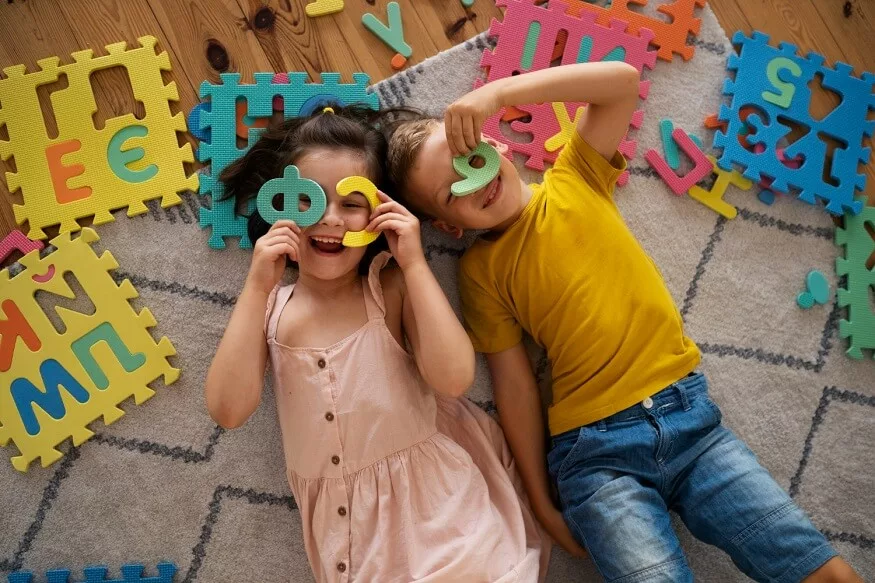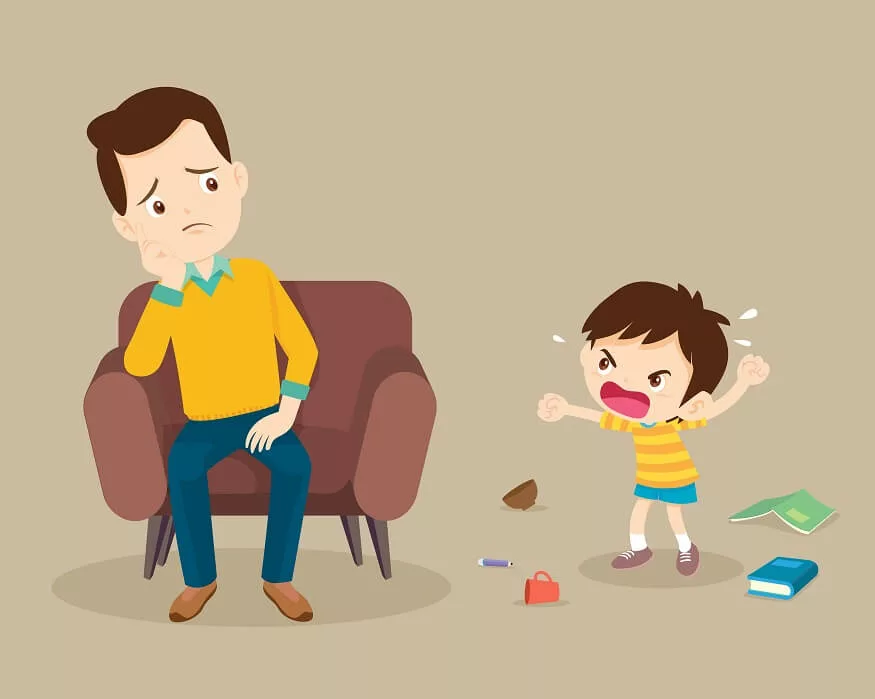Playdates are a quintessential part of childhood, fostering social skills, friendship, and the sheer joy of shared adventures. As a parent, organising a playdate requires more than just picking a date and time; thoughtful planning ensures a positive experience for both children and their parents. In this article, we’ll explore pro tips for planning the perfect playdate, from choosing activities to creating a welcoming environment.
1. Communication is Key
Before diving into the logistics, it’s crucial to communicate with the other parents involved. Discuss the playdate details, including any allergies, preferences, or special considerations. Establishing open communication sets the foundation for a successful playdate and ensures that everyone is on the same page.
2. Choose the Right Timing
Selecting the right time for a playdate is essential. Consider the age of the children involved and schedule the playdate during a time when they are typically well-rested and energetic. A mid-morning or early afternoon slot often works well, allowing for a mix of playtime and a potential snack without interfering with nap schedules.
3. Selecting a Suitable Venue
The venue can significantly impact the dynamics of a playdate. If hosting at home, ensure the space is child-friendly, with a variety of age-appropriate toys and activities. Alternatively, explore local parks, playgrounds, or indoor play centres. Outdoor venues offer the added benefit of fresh air and physical activity.
4. Plan Age-Appropriate Activities
Tailoring activities to the age group of the children is crucial for keeping them engaged. Younger children may enjoy sensory play, such as finger painting or building with blocks. Older children might prefer board games, arts and crafts, or even a mini-scavenger hunt. Be flexible and prepared to switch activities if needed.
5. Snack Time Strategy
Snack time can be a highlight of the playdate. Keep it simple with healthy, bite-sized snacks that are easy for little hands to manage. Be mindful of any dietary restrictions or allergies, and check with the other parents beforehand. Water or diluted fruit juice can be good beverage options, steering clear of overly sugary drinks.
6. Embrace Inclusivity
If the playdate involves more than two children, consider activities that encourage inclusivity and teamwork. Games like ‘Simon says’ or collaborative art projects promote interaction and shared experiences. Discuss with the children beforehand the importance of including everyone and taking turns.
7. Prepare for the Unexpected
Flexibility is key when it comes to children. Have a backup plan in case of unexpected changes or if the weather doesn’t cooperate for an outdoor playdate. Having a few indoor games, a favourite movie, or a stash of colouring books can be a lifesaver.
8. Create a Safe Environment
Safety is the top priority when children are involved. Conduct a quick safety check of your home or chosen venue, ensuring potential hazards are addressed. If outdoors, be mindful of the surroundings and keep a watchful eye on the children to prevent accidents.
9. Respect Individual Preferences
Children have their own preferences and comfort zones. Be attuned to each child’s needs and preferences, ensuring that the playdate is an enjoyable experience for everyone. If a child needs a break or some quiet time, provide a designated space where they can unwind.
10. Establish a Routine
A well-structured routine helps maintain order during a playdate. Plan a mix of activities, snack time, and free play, leaving room for spontaneity. A clear routine provides a sense of predictability for the children, making them feel more at ease in a new environment.
11. Encourage Independence
Fostering independence is an essential aspect of a playdate. Allow the children to make choices within a safe framework, such as selecting between two snack options or choosing an activity. This not only empowers them but also reduces the likelihood of conflicts.
12. Open Lines of Communication with Other Parents
During the playdate, keep the lines of communication open with the other parents. Share updates, ask for feedback, and address any concerns promptly. Establishing a positive rapport with other parents enhances the overall playdate experience and lays the foundation for future interactions.
Also Read: Tips For Parents Whose Toddlers Show Reluctance To Sharing And Strategies To Encourage Cooperation
How Does Playdates Impact Children
Playdates offer numerous benefits to children, contributing significantly to their social, emotional, cognitive, and physical development. Here are some key ways in which playdates can positively impact children:
Social Skills Development
- Communication Skills:
- Sharing and Cooperation:
- Conflict Resolution:
Interacting with peers helps children develop their communication skills, including verbal and non-verbal cues.
Playdates provide opportunities for children to learn the importance of sharing toys, taking turns, and cooperating with others.
Negotiating and resolving conflicts during play encourages the development of conflict resolution skills.
Emotional Well-being
- Building Friendships:
- Expression of Emotions:
- Boosting Confidence:
Playdates allow children to form and nurture friendships, fostering a sense of belonging and emotional support.
Through play, children can express and understand their emotions, learning to manage and navigate a range of feelings.
Successfully interacting with peers in a social setting can boost a child’s self-esteem and confidence.
Physical Health
- Active Play:
- Outdoor Exploration:
Playdates provide an opportunity for physical activity, promoting gross motor skills development and a healthy lifestyle.
Activities like playing in the park or participating in sports during playdates contribute to overall physical well-being.
Independence and Responsibility
- Decision-Making:
- Responsibility for Belongings:
In a playdate setting, children often have the chance to make choices, fostering independence and decision-making skills.
Taking care of their toys and respecting the belongings of others teaches children responsibility and respect for property.
Cultural Awareness and Diversity
- Exposure to Differences:
- Celebrating Diversity:
Interacting with children from diverse backgrounds exposes kids to different cultures, traditions, and perspectives, promoting cultural awareness and tolerance.
Playdates can involve sharing stories, traditions, and experiences, fostering an appreciation for diversity.
Preparation for School
- Peer Interaction Skills:
- Routine and Structure:
Playdates help children develop the social skills necessary for a smooth transition to a school environment where interaction with peers is a daily occurrence.
Establishing routines during playdates can help prepare children for the structured environment of school.
Parental Support and Networking
- Parental Involvement:
- Community Building:
Playdates offer parents the opportunity to observe their child’s social interactions, providing insights into their development.
Parents can establish a support network through playdates, creating a sense of community and shared experiences.
Also Read: How to Raise a Friendly Baby
Flexibility, safety, and respect for individual preferences are also key elements in crafting a successful playdate. EuroSchool believes a well-thought-out playdate not only benefits the children but also provides an opportunity for parents to connect and build a supportive community.










